fairsfair.org
for a fair data and digital economyFostering a fair data and digital economy, fairsfair leverages legal principles to enable individuals, businesses and authorities to easily manage data, catering to the outcomes they want, while neither compromising on privacy nor convenience. fairsfair.org, a foundation under Dutch law, provides a semantic model fostering interoperability and compliance, certification services, and advocacy.
The semantic model structures the exchange of data as part of the exchange of services/goods/data for compensation, as agreed by parties. Interoperability is derived from standardising the output of transaction activities to align different systems, independent of technology choices or business rules. Compliance is forged by minimising data access and usage only for and during a transaction-activity by the designated organisations.
Referral to fairsfair.org certified transaction brokers in tenders enables authorities to ensure their citizens with access and usage control over data and identity, and assuring interoperability and compliance as a cornerstone for a fair data and digital economy, pro-actively.
transaction activities
Each transaction-process is constituted by transaction-activities, such as identifying and authorising the entitled subject to receive the services/goods/data, and vice versa to clear it of the obligation to pay. Each transaction-activity has a defined output. The output governs the specific data usage and access policies per activity, only to be executed by identified and authorised entities. Only those directly involved in the agreement, those delegated to act on their behalf in the relevant transaction-activities, and/or those in the execution of a public task are informed on a need to know basis. This allows multiple and ever changing combinations of entities in specific roles to fulfil the exchange as agreed, seamlessly and in compliance with data and privacy regulation.
transaction roles
Roles in the exchange of value exchanges (services/goods/data for compensation):
transaction parties – entities that agree on exchanging services/goods/data for compensation, and for whom processing is necessary for the performance of a transaction [contract] to which the data subject/owner is party or in order to take steps at the request of the data subject/owner prior to entering into a transaction [contract];
delegated agents – account providers, and payment or service providers that act on behalf of the transaction parties, to whom the data owner/subject has given consent to expose or process his or her (personal) data for one or more specific purposes; Depending on the activity these could be services concerning payment or the services/goods/data interaction.
authorities – entities exercising official authority with a public task for whom processing is necessary for the performance of a task carried out in the public interest.
transaction processes
In reality we face different transaction-activities taking place in different sequences. The semantic model enables variations in the order that activities take place. A similar outcome of exchanging values between transaction parties remains intact. As does the contextual identity for the data exchanges in the service and payment activities. With stakeholder representative groups in mobility we aligned two ‘standard’ transaction processes the one in which payment proceeds the service consumption, and the other in which the payment execution takes place after the actual consumption.
transaction broker
The decentralised ‘transaction broker’, by fairsfair.io, is an accredited service for trusted data sharing featuring the fairsfair.org semantic model. Multiple organisations can collaborate on value adding services offered to natural persons and amongst legal entities. Easy to integrate with whatever (personal) data management system in place. Transaction parties, the account providers and payment and/or service providers on their behalf, subscribe to the transactions. Throughout the alignment of the transaction-activities of the transaction-process between the designated entities, the broker provides identification and authorisation management catering to transaction-activity specific data usage and access control.
More on the transaction broker and its implementation can be found on fairsfair.io.
transaction meta-data
The actual solution (payment and/or service provider) that processes the data of a specific transaction-activity, records the outcome under the transaction-id and the transaction-activity reference. Each transaction party, the agents delegated to that specific payment or services activity (and authorities) can retrieve the outcome from the ‘source’. This ‘storage location’ is recorded in the transaction broker. This means that current solutions can align easily, adhering to FAIR-principles.
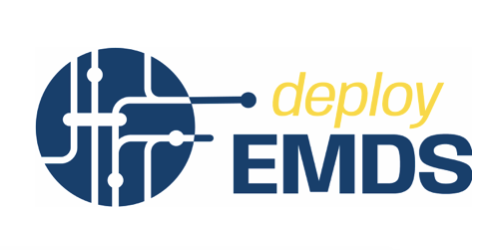
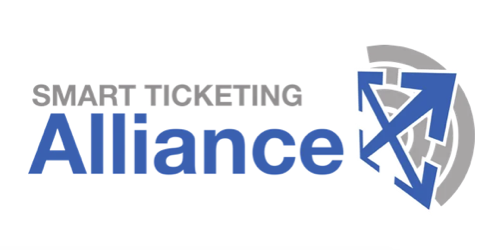
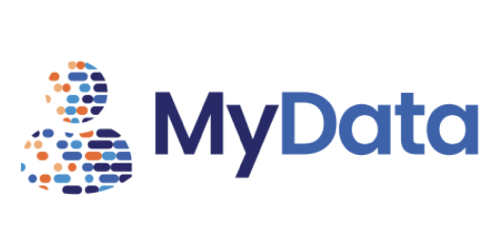
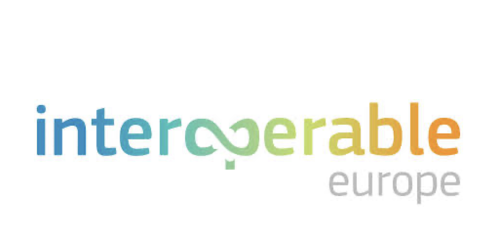
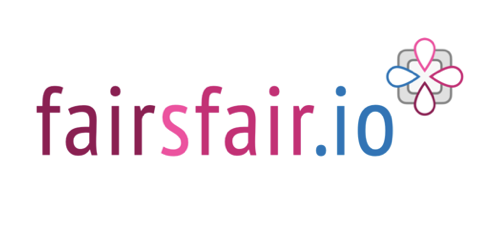
Contact
fairsfair escrow foundation
Sterkenburgerlaan 63
3941 BC Doorn, The Netherlands
CoC 92657346
VAT NL866130652B01